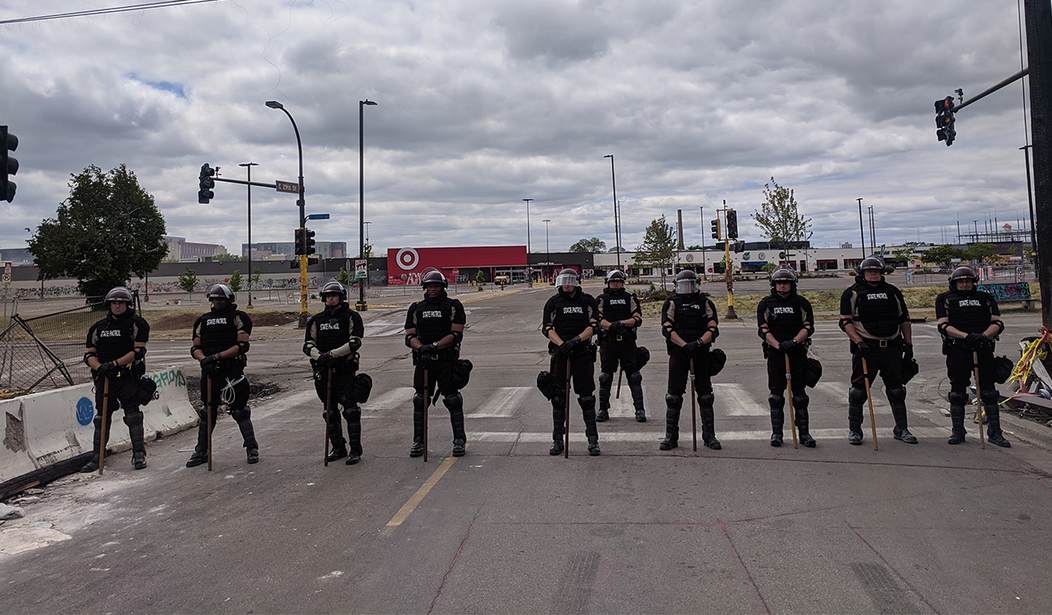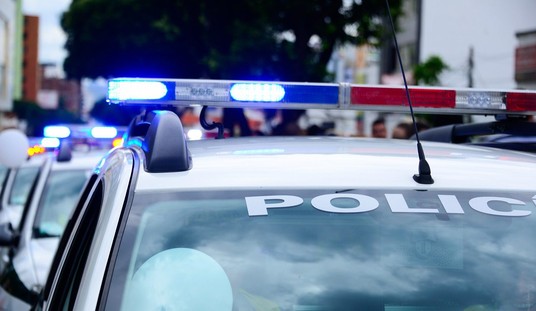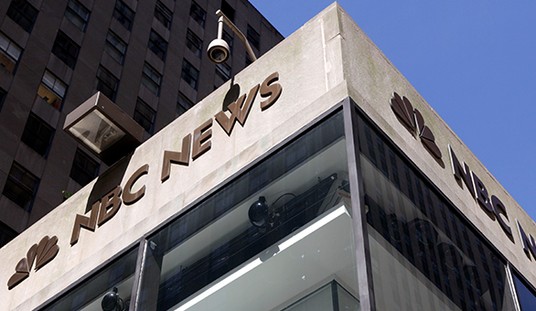The Minneapolis City Council is set to meet today to discuss the state’s investigation into the city’s police department, but with many council members, including the city council president, pushing to defund or disband the department, it’s expected that the council will begin their discussions on how they could actually take that drastic step, and what would replace the department and its 800 officers.
So far, the council members that have expressed support for dismantling the department have been pretty short on details of what would come next.
On Tuesday, [city council member Steve] Fletcher published a lengthy Twitter thread saying the police department was “irredeemably beyond reform,” and a “protection racket” that slows down responses as political payback.
“Several of us on the council are working on finding out what it would take to disband the Minneapolis Police Department and start fresh with a community-oriented, nonviolent public safety and outreach capacity,” he wrote.
Fletcher says the entire council “to some degree” has been discussing disbanding the police department as an option. He doesn’t yet know what that will look like. He suspects it’s a transition that will take time, and the involvement – and possibly voting capacity – of residents.
The city council president has weighed in on Twitter, calling for replacing the MPD with a “transformative new model” of policing.
Yes. We are going to dismantle the Minneapolis Police Department and replace it with a transformative new model of public safety. https://t.co/FCfjoPy64k
— Lisa Bender (@lisabendermpls) June 4, 2020
The “defund police” movement has exploded in popularity among celebrities, activists, and many local politicians in deep-blue Democrat-controlled cities since the protests and riots began after the killing of George Floyd, but there’s been little talk about what traditional policing would be replaced by. At The Atlantic, Annie Lowery’s come out in favor of the movement, but her piece spends far more time laying out the case for dismantling police departments while largely ignoring any discussion of what would come next.
A more radical option, one scrawled on cardboard signs and tagged on buildings and flooding social media, is to defund the cops. What might that mean in practice? Not just smaller budgets and fewer officers, though many activists advocate for that. It would mean ending mass incarceration, cash bail, fines-and-fees policing, the war on drugs, and police militarization, as well as getting cops out of schools. It would also mean funding housing-first programs, creating subsidized jobs for the formerly incarcerated, and expanding initiatives to have mental-health professionals and social workers respond to emergency calls.
I see a lot of buzzwords there, but not a lot of details. I’m curious how “fines-and-fees” policing would work with violent crimes like armed robbery or home invasion, for instance. And of course, as many politicians and activists seek to disband police departments, many of them are also still vocally supporting Joe Biden’s gun control agenda, which would impose all kinds of new federal crimes on non-violent firearms offenses like simple possession of a “large capacity” magazine or a semi-automatic rifle. Biden’s plan also calls for state-level gun licensing laws, which have had a disproportionate effect on young black men in places like New York City. At some point the supporters of the defund police movement are going to have to decide what they want more: an end to traditional policing or more gun control laws on the books.









Join the conversation as a VIP Member